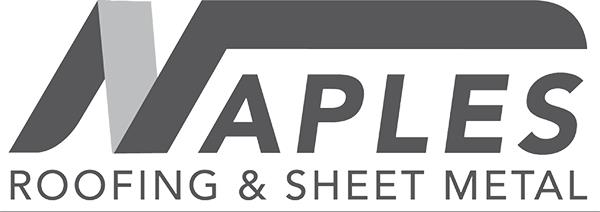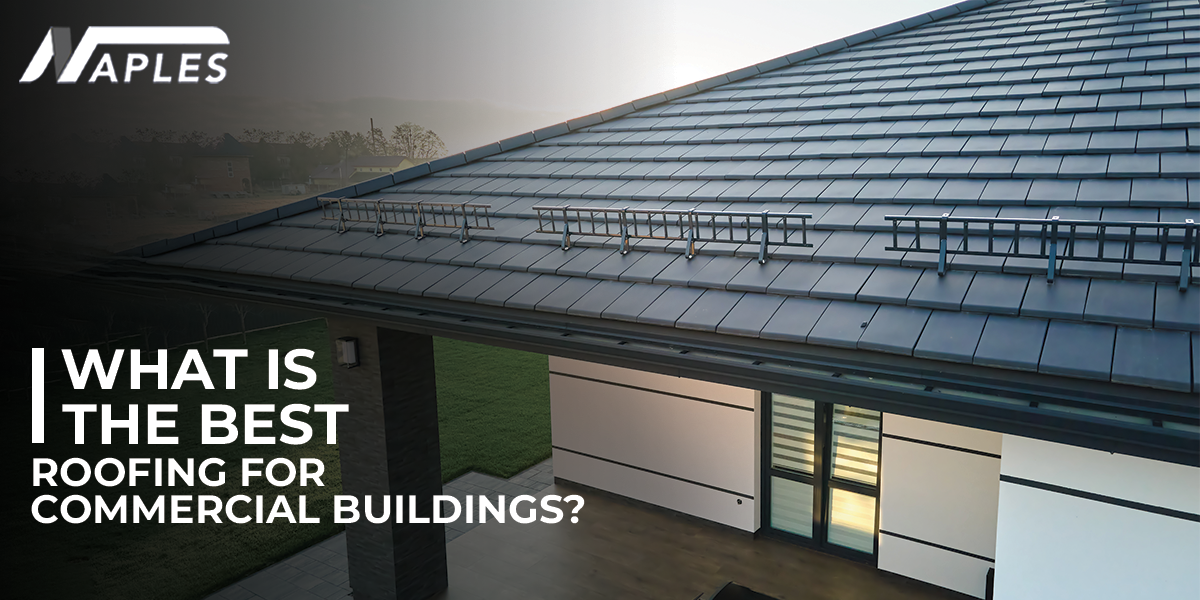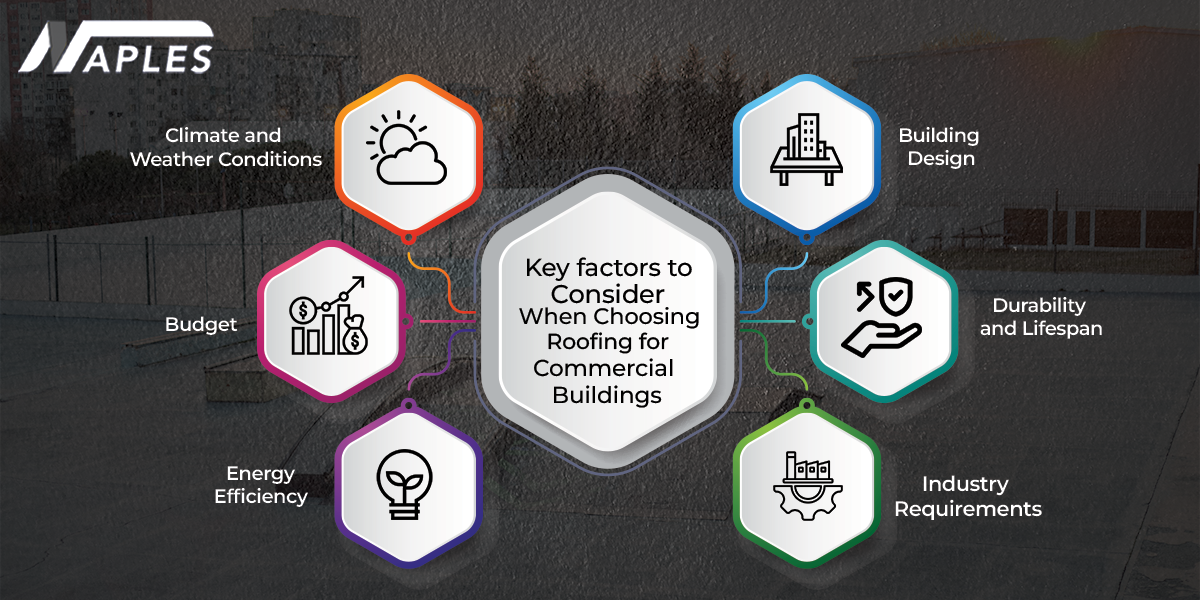What is the Best Roofing for Commercial Buildings?
The roof is one of the most important elements of commercial structures. It not only shields the structure from external elements but also plays a significant role in energy efficiency and cost savings. With so many options available in the market, finding the best roofing for commercial buildings can feel overwhelming.
Moreover, to ensure optimal performance and durability, it’s essential to consult experienced commercial roofing contractors in Buffalo who can guide you in selecting and installing the right roofing solution tailored to your needs.
Now, we will explore the top roofing materials, their benefits, and how to make an informed decision for your business.
Roofing in Commercial Construction
A sturdy roof does more than just keep the rain out. For commercial properties, it’s a pivotal factor in maintaining operational efficiency and ensuring the safety of employees, customers, and assets. Recent trends in the construction industry emphasize energy-efficient and sustainable roofing solutions for Commercial Buildings. Therefore, making it vital for business owners to stay informed.
Top Commercial Roofing Materials
Varied commercial roofing materials include:-
1. Thermoplastic Polyolefin (TPO) Roofing
TPO roofing is one of the most popular choices for commercial buildings due to its durability, energy efficiency, and affordability. This single-ply roofing membrane is reflective, helping to reduce heat absorption and lower energy costs.
Advantages:
- Energy-efficient with high solar reflectance.
- Resistant to UV rays, chemicals, and punctures.
- Low maintenance and long lifespan (15-20 years).
Ideal For: Businesses looking to prioritize cost savings and sustainability in warm climates.
2. Ethylene Propylene Diene Monomer (EPDM) Roofing
EPDM is a durable synthetic rubber membrane that has been a staple in commercial roofing for decades. Known for its simplicity and effectiveness, EPDM roofing material performs exceptionally well in a range of climates.
Advantages:
- Affordable and easy to install.
- Excellent resistance to UV rays and weathering.
- Long lifespan (20-30 years) with proper maintenance.
Ideal For: Buildings in areas with extreme weather fluctuations or those seeking a cost-effective solution.
3. Polyvinyl Chloride (PVC) Roofing
PVC roofing is another single-ply membrane that offers superior durability and resistance to elements. Also, its strong seams and reflective surface make it a reliable choice for various industries.
Advantages:
- High resistance to fire, chemicals, and wind.
- Energy efficiency is due to its reflective properties.
- Longer lifespan compared to TPO (20-30 years).
Ideal For: Industries with exposure to chemicals or high temperatures, such as manufacturing plants.
4. Metal Roofing
Metal roofs are highly durable and offer a sleek, modern look for commercial buildings. They are versatile and can be tailored to meet specific aesthetic and functional needs.
Advantages:
- Extremely durable (40-70 years lifespan).
- Low maintenance and recyclable.
- Excellent resistance to fire and extreme weather conditions.
Ideal For: Large commercial complexes or properties in areas prone to severe weather.
5. Modified Bitumen Roofing
Modified bitumen roofing consists of layers of asphalt and other materials, making it highly durable and weather-resistant. It’s a preferred option for flat or low-slope roofs.
Advantages:
- Excellent waterproofing capabilities.
- Resists heavy foot traffic.
- Cost-effective and easy to repair.
Ideal For: Small to medium-sized businesses with flat roofs.
6. Built-Up Roofing (BUR)
Built-up roofing, often called tar and gravel roofing, has been used for over a century. It consists of multiple layers of bitumen and reinforcing fabric, topped with gravel. Commercial roofers in usa provide a variety of roofing for commercial buildings. Choose one that suits your needs.
Advantages:
- Proven durability and longevity.
- Excellent protection against UV rays.
- Low maintenance and easy repairs.
Ideal For: Businesses seeking traditional roofing methods for flat or low-slope roofs.
Key Factors to Consider When Choosing Roofing for Commercial Buildings
Considerations to make when selecting the roofing are:-
1. Climate and Weather Conditions
When choosing the finest roofing material, the local climate is a major factor. For instance, reflective materials like TPO or PVC work well in hot climates, while EPDM and metal are excellent for areas with extreme temperature fluctuations.
2. Energy Efficiency
Energy-efficient roofs can reduce utility costs and contribute to a sustainable future. Look for materials with high solar reflectance and insulation properties.
3. Durability and Lifespan
Investing in a durable roofing system can save money in the long run. Consider materials like metal or PVC, which offer extended lifespans with minimal maintenance.
4. Budget
While some materials may have higher upfront costs, they might offer better value due to reduced maintenance and energy savings. Compare initial costs with long-term benefits to find the most cost-effective solution.
5. Building Design
The design of your commercial building, including the roof slope and overall architecture, can influence your choice. Flat roofs, for example, often benefit from TPO, EPDM, or BUR systems.
6. Industry Requirements
Certain industries may have specific roofing needs. For example, manufacturing plants might require chemical-resistant materials, while retail spaces prioritize aesthetics and energy efficiency.
Trends in Commercial Roofing for 2025
Recent trends include:-
- Sustainable Roofing Materials Businesses are increasingly opting for eco-friendly options like green roofs and recyclable materials to reduce their environmental footprint.
- Smart Roofing Systems The integration of smart technology, such as sensors for leak detection and energy monitoring, is on the rise.
- Cool Roofs Cool roofs, designed to reflect more sunlight and absorb less heat, are gaining popularity in urban areas to combat the heat island effect.
- Increased Adoption of Metal Roofing With its longevity and modern appeal, metal roofing continues to be a top choice for commercial properties.
Maintenance Tips for Commercial Roofs
Essential tips to maintain commercial roofs are:-
- Regular Inspections: Schedule bi-annual inspections to identify potential issues early.
- Clean Debris: To stop water from collecting, remove branches, leaves, and other debris.
- Repair Leaks Promptly: Address leaks immediately to avoid structural damage.
- Apply Protective Coatings: Extend the lifespan of your roof by applying reflective or waterproof coatings.
Conclusion: Making the Right Choice
Selecting the best roofing for your commercial building is a significant decision that impacts safety, energy efficiency, and overall costs. Whether you choose the affordability of TPO, the durability of metal, or the traditional reliability of BUR, aligning your choice with your business needs is essential.
Stay informed about trends and consult with professional roofing contractors to ensure a smooth installation process. Remember, a well-chosen roof is an investment that pays off in the long run, protecting your business and enhancing its value.
Naples Roofing provides top-notch commercial roofing services, ensuring durability and energy efficiency for businesses across the United States. Specializing in installations, repairs, and maintenance, they deliver customized solutions to meet diverse needs. With a strong reputation in commercial roofing USA, Naples Roofing is your trusted partner for quality and reliable roofing systems.
Stay informed about trends and consult with professional roofing contractors to ensure a smooth installation process. Remember, a well-chosen roof is an investment that pays off in the long run, protecting your business and enhancing its value.



